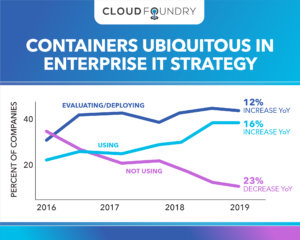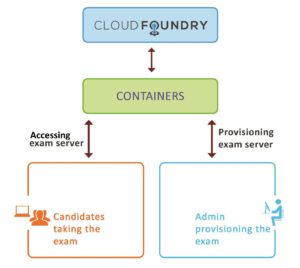The first public preview of service brokers for Azure is released today! This marks another great milestone for Cloud Foundry on Azure; It enables application developers to easily connect and configure Azure services, expending the Cloud Foundry service ecosystem to Azure.
The service brokers included in this release are:
- Azure Service Bus
Azure Service Bus is a generic, cloud-based messaging system for connecting just about anything – applications, services, and devices – wherever they are. - Azure Event Hub
Azure Event Hubs is a highly scalable data ingress service that can ingest millions of events per second so that you can process and analyze the massive amounts of data produced by your connected devices and applications. - Azure Blob Storage
Azure Blob Storage is REST-based object storage for unstructured data in the cloud. - Azure DocumentDB
Azure DocumentDB is a fully managed, highly scalable NoSQL document database service. It offers rich query and transactional processing over a schema-free JavaScript Object Notation (JSON) data model for more rapid development and higher performance applications. - Azure Redis
Azure Redis Cache is based on the popular open-source Redis cache. It gives you access to a secure, dedicated Redis cache, managed by Microsoft and accessible from any application within Azure.
Since the Cloud Foundry on Azure GA was announcement, additional feature enhancements, reliability and performance improvements are released, attracting a pipeline of enterprise customers.
Azure service broker is also open sourced and available for the community to improve and build upon, please send your feedback and suggestions here.
Azure service broker follows the same design with the Cloud Foundry service broker interface. In addition, it introduces the single service broker approach, where user only needs to install and configure one service broker, the “Azure Meta Service Broker”, before he enables and starts individual service brokers, a more simplified the deployment process.
For details on how to deploy Azure Service Brokers, check the guidance here.





